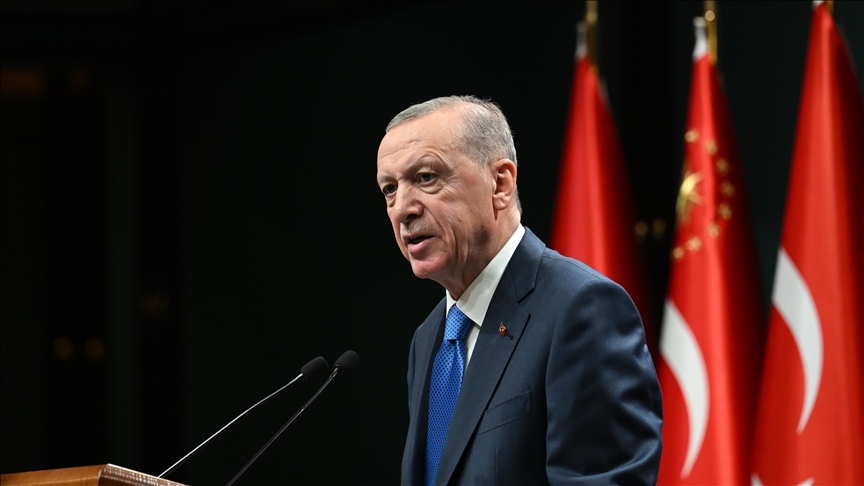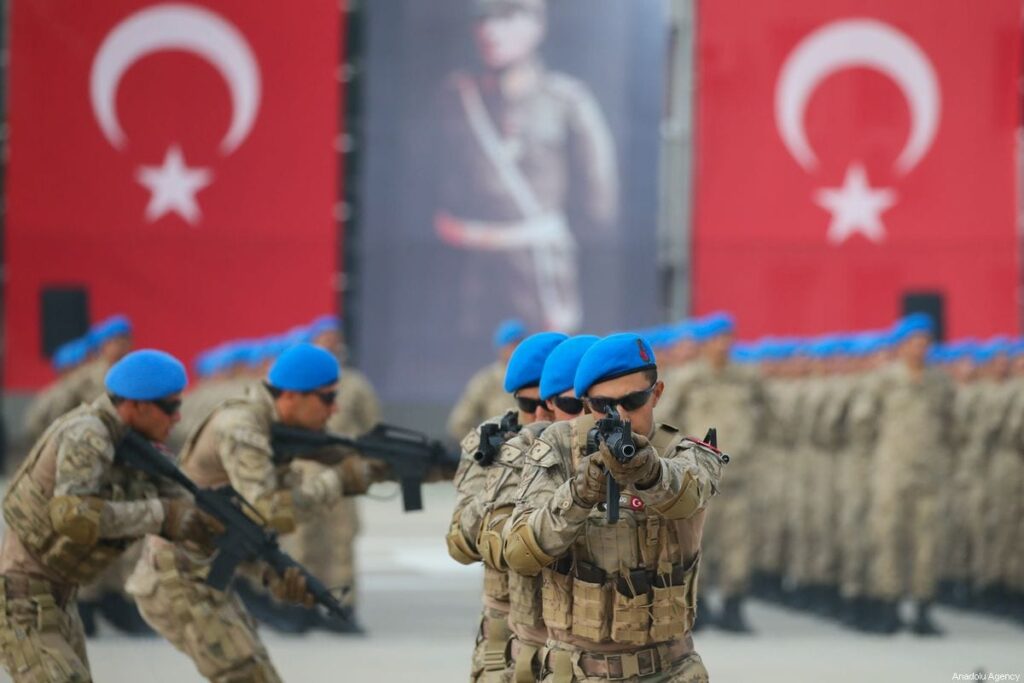Turkiye’s Resilience amidst a Ring of Conflict: A Testament to NATO, Governance, and Security


For the past two decades, Turkiye has found itself in a tumultuous region, surrounded by conflict and instability. Despite this challenging environment, Turkiye has managed to navigate the stormy seas of geopolitical strife, largely owing to its NATO membership, effective governance, and robust security apparatus. In this article, we will delve into how Turkiye has remained relatively unscathed in a neighbourhood marred by conflict.
Geopolitical Challenges

Turkiye’s geographical location has often been both a blessing and a curse. Situated at the crossroads of Europe and Asia, with a long Mediterranean coastline, it shares borders with countries as diverse as Syria, Iraq, Iran, and Greece. This strategic location has made Turkiye a key player in regional and international politics, but it has also made it vulnerable to the spillover effects of conflicts in neighbouring states.
NATO Membership
One of the most significant factors contributing to Turkiye’s stability in this turbulent region is its membership in the North Atlantic Treaty Organization (NATO). Since joining NATO in 1952, Turkiye has been able to rely on the collective defence principles enshrined in the alliance’s founding treaty. NATO’s presence provides Turkiye with a security umbrella, assuring it of support in times of crisis.

In particular, Article 5 of the NATO treaty, which considers an attack against one member state an attack against all, acts as a powerful deterrent. The assurance of military support from other NATO members has dissuaded potential adversaries from taking aggressive actions against Turkiye. Furthermore, NATO has facilitated military cooperation, intelligence sharing, and joint training exercises that have bolstered Turkiye’s national security capabilities.
Good Governance
Turkiye’s domestic politics and governance have played a crucial role in its resilience. Despite its challenges, Turkiye has maintained a democratic system and the rule of law. The country has seen peaceful transitions of power through democratic elections, even amidst periods of heightened tension.

The commitment to democratic principles and good governance has earned Turkiye international respect and has contributed to its political stability. A strong civil society, an independent judiciary, and a free press have acted as checks and balances, preventing the concentration of power and ensuring that the government remains accountable to its citizens. Even though there are a few cases of the government clamping down on journalists and NGOs, overall the Turkish authorities have maintained good governance and rule of law.
Tight Security Apparatus
Turkiye has also invested significantly in its security apparatus. The Turkish military is one of the largest in the region and has a history of stabilising during crises. It has played a vital role in preserving the country’s territorial integrity and deterring external threats.

Additionally, Turkiye’s intelligence and security agencies have been effective in counterterrorism efforts. They have successfully thwarted numerous terrorist attacks and disrupted networks within and beyond its borders. This proactive approach to security has contributed to the country’s ability to maintain a sense of order and safety for its citizens.
Conclusion
Turkiye’s ability to remain relatively stable and secure amid ongoing regional conflicts is a testament to its NATO membership, commitment to good governance, and a well-developed security apparatus. While the country has not been immune to challenges and tensions, it has managed to navigate the turbulent waters of its conflict-ridden neighbourhood.
As Turkiye continues to address complex issues both domestically and regionally, it can draw strength from these pillars of stability. By upholding its democratic values, maintaining its membership in NATO, and ensuring a strong and efficient security apparatus, Turkiye can continue to thrive and serve as a model for resilience in an unpredictable world.
